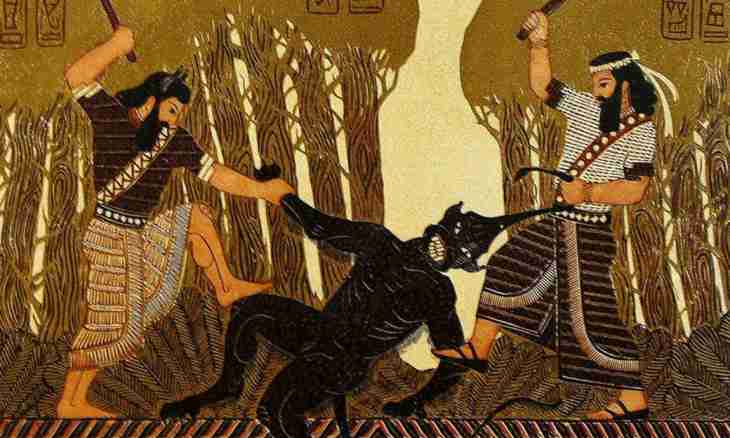Culture and civilization – rather close concepts. Sometimes these terms are even used as synonyms. Meanwhile, the meaning of these concepts is various, and the problem of a ratio of a civilization and culture takes an important place in various philosophical systems.
Considering a ratio of culture and a civilization, it is necessary to imagine what sense invests in these concepts. This sense varied from an era to an era, and even now the given terms can be used in different values.
Concept of culture and civilization
The word "civilization" comes from Latin "civilis" – "state", "city". Thus, the concept of a civilization initially is associated with the cities and the statehood concentrated in them – the external factor dictating to the person of the rule of life.
In philosophy of 18-19 centuries the civilization is understood as the condition of society following stages of wildness and barbarity. Other understanding of a civilization – a certain step of development of society, in this sense speak about a civilization antique, industrial or post-industrial. Quite often the civilization is understood as the large interethnic community which evolved from the uniform system of values and having unique lines. The word "culture" goes back to Latin "colero" – to cultivate. Cultivation of the earth, development by her person, in a broad sense – human society is meant. It was later is rethought as "cultivation" of soul, giving of truly human qualities to it. For the first time the term "culture" was used by the German historian S. Pufendorf, characterizing by this word brought up in the company of "the artificial person", contrary to the uneducated "natural person". In this sense the concept of culture approaches a concept of a civilization: something opposite to barbarity and wildness.
Ratio of culture and civilization
For the first time concepts of culture and a civilization were opposed by I. Kant. He calls a civilization outer, technical aspect of life of society, and culture – his spiritual life. Such understanding of culture and a civilization remains and now. Its interesting reconsideration is offered by O. Spengler in the book "Decline of Europe": the civilization is a decline of culture, an agonal stage of its development when the policy dominates, the equipment and sport, and the spiritual beginning recedes into the background. A civilization as outer, material aspect of life of society and culture as its internal, spiritual essence are in indissoluble communication and interaction. Culture is spiritual opportunities of society at a certain historical stage, and a civilization – conditions for their realization. Culture defines the life purposes – both public, and personal, and the civilization provides the real embodiment of these ideal plans by involvement of huge mass of people in their realization. Essence of culture – the humanistic beginning, essence of a civilization – pragmatism. Thus, the concept of a civilization is associated first of all with material aspect of human life, and a concept of culture – from spiritual.

